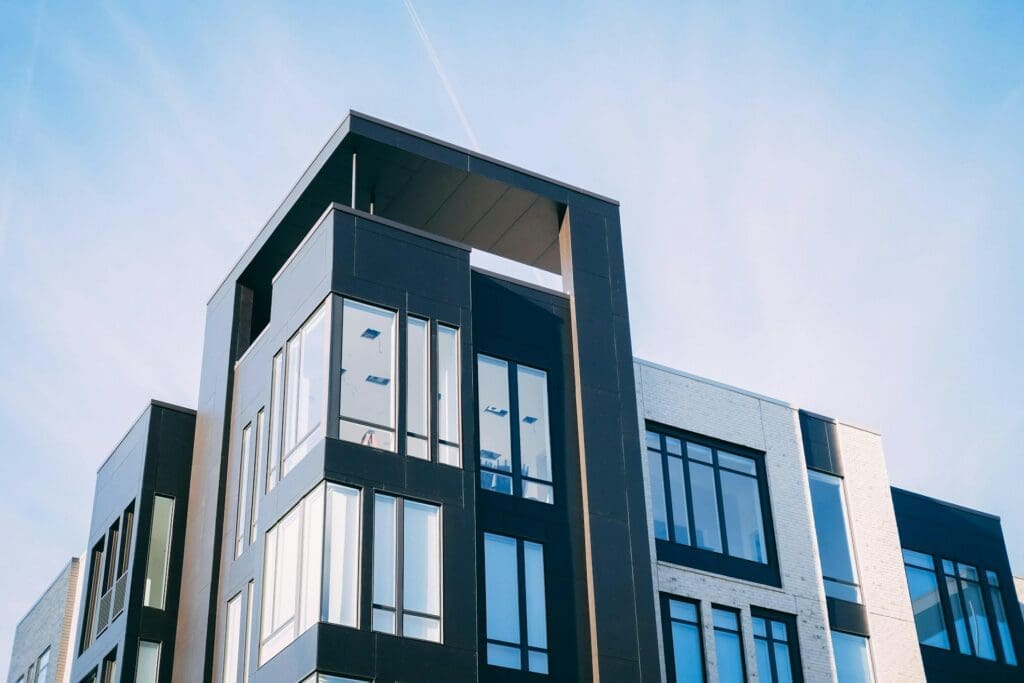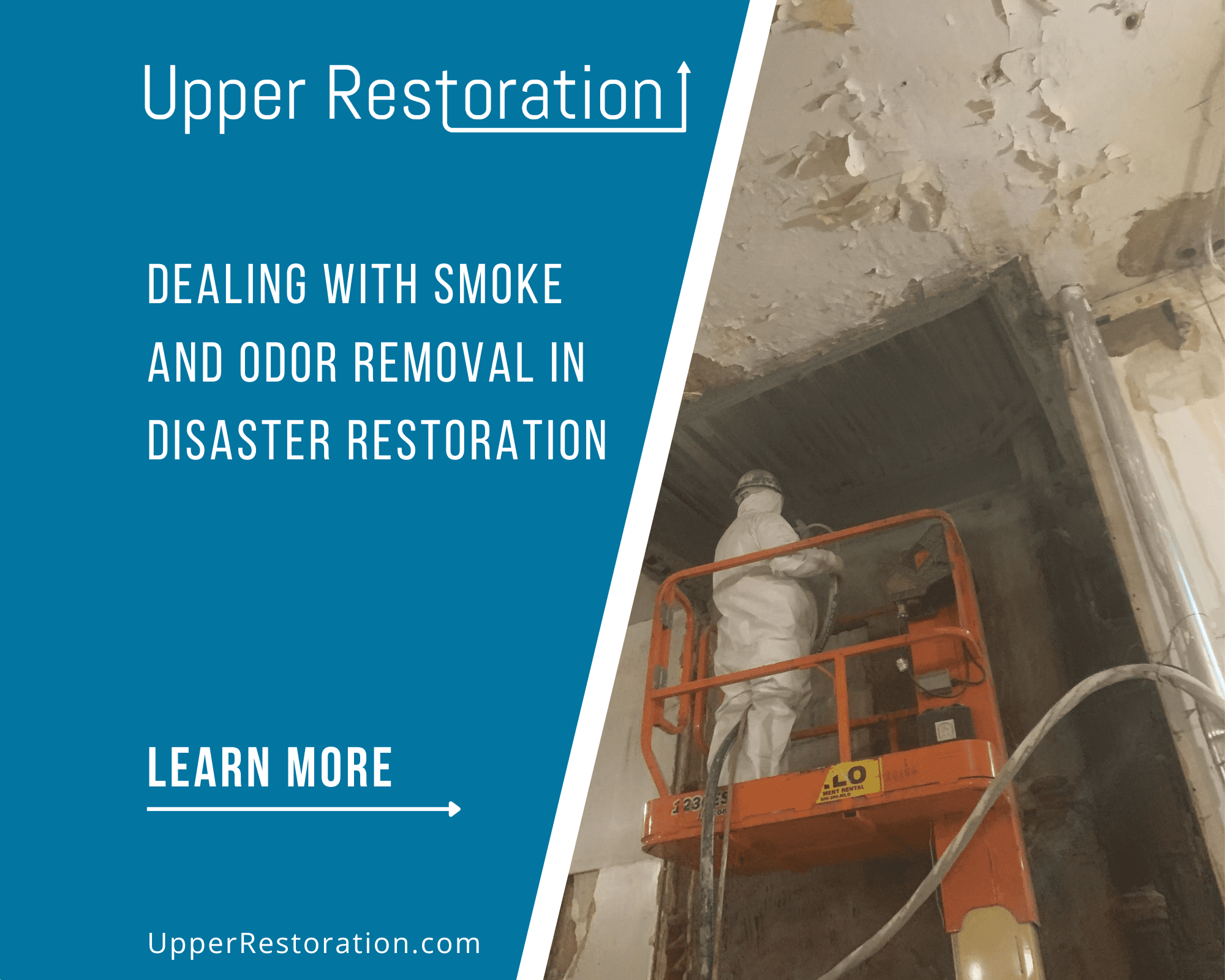Flooding can occur in any part of the world, and it can cause significant damage to your apartment and your belongings if you are not prepared. As a renter, it’s important to know what to do in the event of a flood. In this article, we will discuss in detail the steps you should take to prepare for flooding, what to do during a flood, and what to do after a flood.
Preparing for Flooding
- Know your flood risk: Find out if you live in a flood-prone area. You can check with your local government or the Federal Emergency Management Agency (FEMA). If you live in a flood-prone area, you may be required to have flood insurance. It’s essential to know the flood risk level of your area so that you can take appropriate measures to safeguard your belongings and yourself.
- Review your lease: Your lease should outline who is responsible for what in the event of a flood. It’s essential to read and understand your lease to know what you’re responsible for and what your landlord’s responsibilities are. You should also know if your landlord has flood insurance and what it covers.
- Make a plan: Create a plan for what you will do in the event of a flood. This should include where you will go, what you will take with you, and how you will communicate with others. Ensure that you have a clear evacuation plan and a designated meeting place where your family and friends can gather. Make sure that you have a bag packed with essential items such as food, water, medications, and important documents.
- Prepare an emergency kit: Your emergency kit should include a first aid kit, a flashlight, batteries, a radio, non-perishable food, water, and any necessary medications. Keep your emergency kit in a place that is easy to access, such as a closet or under the bed.
During a Flood
- Turn off the power: If you can safely do so, turn off the power to your apartment. If you cannot safely turn off the power, move to a safe location and wait for help. Water and electricity are a dangerous combination, and it’s essential to turn off the power to prevent electrocution.
- Evacuate if necessary: If you are in danger, evacuate your apartment immediately. Follow your evacuation plan and go to a safe location. Do not wait for the water to rise before evacuating. Move to higher ground as quickly as possible.
- Avoid standing water: Do not walk or swim through standing water. It may be contaminated or have hidden hazards. Floodwater can contain harmful bacteria, chemicals, and other contaminants that can pose a significant health risk.
- Document the damage: Take photos or videos of any damage to your apartment or belongings. This can be used as evidence for insurance claims. Make sure to document everything that has been damaged or destroyed, including furniture, electronics, and personal items.
After a Flood
- Contact your landlord: Let your landlord know that you have been affected by the flood. They may be able to provide assistance or make repairs. Make sure to report any damage that has occurred to your apartment promptly.
- Clean up: If it’s safe to do so, clean up any standing water and debris in your apartment. Wear protective clothing and gear, such as gloves and boots. Make sure to disinfect all surfaces that have come in contact with floodwater to prevent the growth of mold and bacteria.
- Document the damage: Take photos or videos of any damage to your apartment or belongings. This can be used as evidence for insurance claims. It’s essential to document everything that has been damaged or destroyed, including furniture, electronics, and personal items.
- File an insurance claim: Contact your insurance company to file a claim for any damage to your apartment or belongings. Make sure to provide all the necessary documentation and evidence to support your claim.
Conclusion
Flooding is a serious issue that can cause significant damage to your apartment and your belongings. As a renter, it’s important to know what to do in the event of a flood. By following the steps outlined in this article, you can be prepared for flooding and minimize the damage to your apartment and belongings. Remember to stay safe, evacuate if necessary, and document any damage that has occurred.




